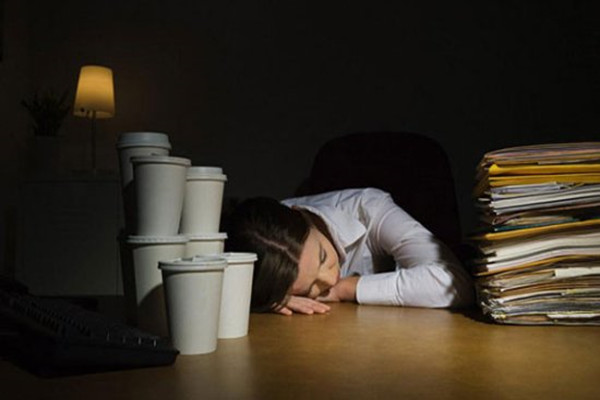Enterprise information
Watch out for night owls! Early to bed keeps you in a good mood

When do you go to bed? How long do you sleep each time? These problems are likely to affect your mood and get you into a quagmire of anxiety, says Jacob Nota and Meredith Coles of Binghamton University. They found that people who sleep less and those who sleep late are more likely to have negative thoughts than those who sleep regularly.
The study was published in Springer's Cognitive Therapyand Research magazine.
It is said that when negative thoughts linger in people's minds, people will fall into negative emotions, as if they lose control of their own thoughts, worry too much about the future, indulge in the past, and always think fantastically. Such negative thoughts are common in people with generalized anxiety disorder, severe depression, post-traumatic stress disorder, obsessive-compulsive disorder and social phobia, which are often accompanied by sleep problems.
Previous studies have linked repeated negative thoughts to sleep problems, especially in the case of sleep deprivation. Nota and Coles intend to further study the relationship between repeated negative thoughts and actual sleep time on the basis of existing research.
Nota and Colles conducted a series of questionnaires and two computer tests on 100 adult students at Binghamton University. By investigating the students'anxiety, entanglement or distress about something, we can measure their negative degree. They also surveyed the students'work and rest patterns and asked whether they were lark or owl, that is, whether they usually liked to sleep normally or later.
Researchers found that people who did not sleep enough and stayed up late were more likely to have negative thoughts over and over again, as did students who thought they were owls.
Nota said: "Ensuring that individuals with negative thoughts sleep at the right time may be an inexpensive and easy way to improve negative emotions."
The findings also suggest that sleep interruption is associated with repeated negative thoughts. Therefore, Nota and Coles believe that the symptoms of people suffering from negative thoughts may be alleviated by supplementing their sleep.
Coles added: "If further research can prove that sleep time is associated with repeated negative thoughts, it is possible to find new ways to treat internalized mental disorders in the future. Studies on the relationship between sleep deprivation and psychopathology have proved that clinical sleep supplementation can alleviate some symptoms of mental illness.
Based on these findings, Nota, Coles and their colleagues at Binghamton University are working on how to use sleep information to help people cope with anxiety disorders.


